Following inconclusive trade talks with the United States in Stockholm, China’s top leadership has pledged to support companies affected by rising U.S. tariffs. During its summer economic planning meeting, the Chinese Communist Party’s Politburo emphasized stabilizing foreign trade and investment, noting the need to assist struggling export firms and enhance financial support.
Although the announcement included mentions of export tax rebates and free trade pilot zones, the absence of concrete policies has left the business community in uncertainty.
Tariff Truce Extension Uncertain as Stockholm Talks End Without Formal Trade Agreement
The trade discussions in Stockholm did not yield a definitive resolution, particularly regarding the possible extension of the current tariff truce.
Chinese Vice Premier He Lifeng stated that both sides had agreed to work toward extending the tariff pause, yet U.S. Treasury Secretary Scott Bessent clarified that no final decision had been made. The current 90-day pause is set to expire on August 12, and President Donald Trump will ultimately decide whether to extend it or allow tariffs to return to elevated levels.
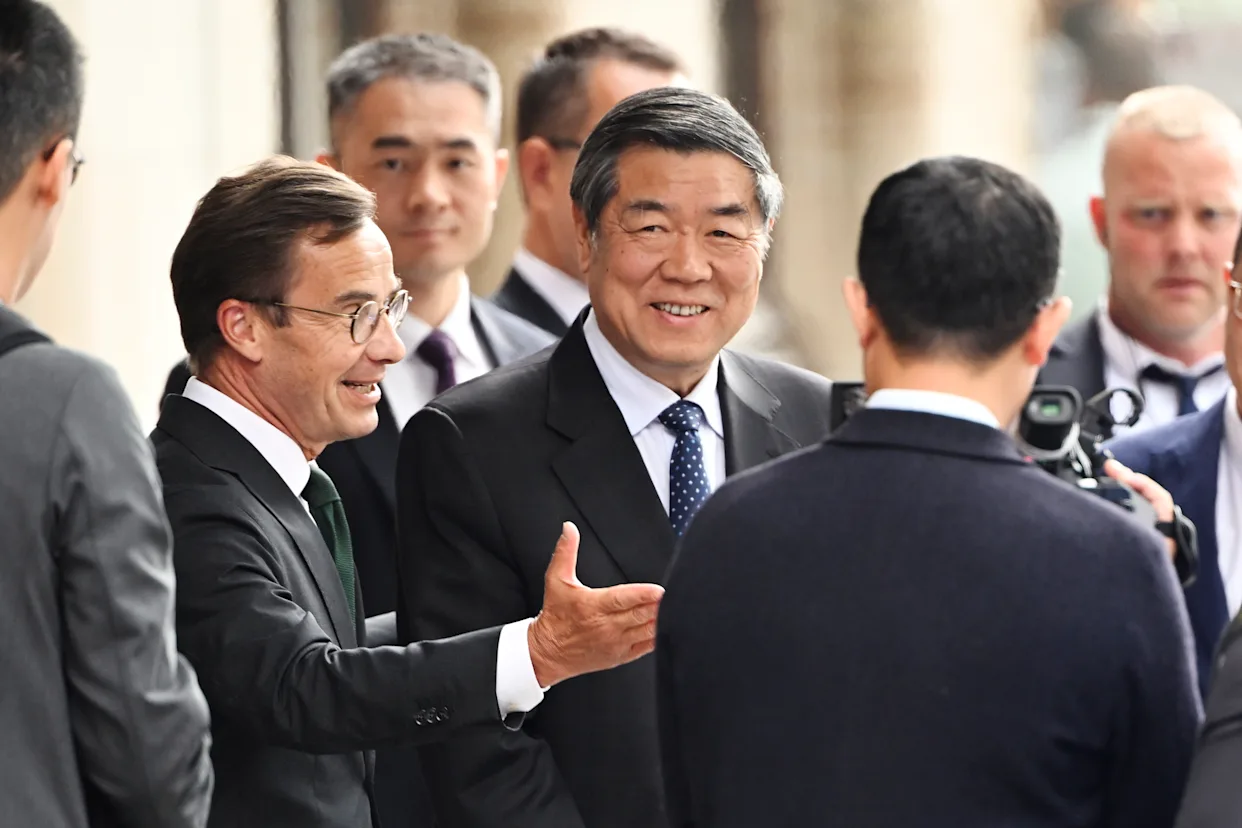
Despite some optimism, the failure to reach a formal agreement has prolonged uncertainty for traders and manufacturers. Many had anticipated a decision to maintain the current tariff levels 30% on Chinese exports to the U.S. and 10% on American goods going into China.
This temporary truce, established in May, had allowed businesses to accelerate shipments in anticipation of a future hike. However, without clarity, companies face a volatile outlook that complicates planning and investment.
China Prioritizes Domestic Stability Amid Slowing Growth and Rising Diplomatic Trade Tensions
The Politburo meeting, led by President Xi Jinping, reinforced several broader economic priorities beyond the trade conflict. Leaders emphasized the need to stimulate domestic demand, combat rising unemployment, and avoid a return to poverty for vulnerable populations.
While state media lauded the economy’s “vitality and resilience,” it also acknowledged mounting challenges, including destructive price wars in the auto sector and excess industrial capacity. Growth in the second quarter slowed to a 5.2% annual rate, though real economic conditions may be weaker than official figures suggest.
Amidst ongoing negotiations, geopolitical tensions have flared over China’s energy trade with Russia, an issue raised by Bessent in the talks. Chinese officials reaffirmed their right to ensure national energy security, dismissing external pressure.
Foreign Ministry spokesman Guo Jiakun reiterated China’s call for the U.S. to honor the consensus reached by Presidents Xi and Trump, but also warned that China would defend its core interests. With no firm deal and rising diplomatic strain, the future of U.S.-China trade relations remains deeply uncertain.

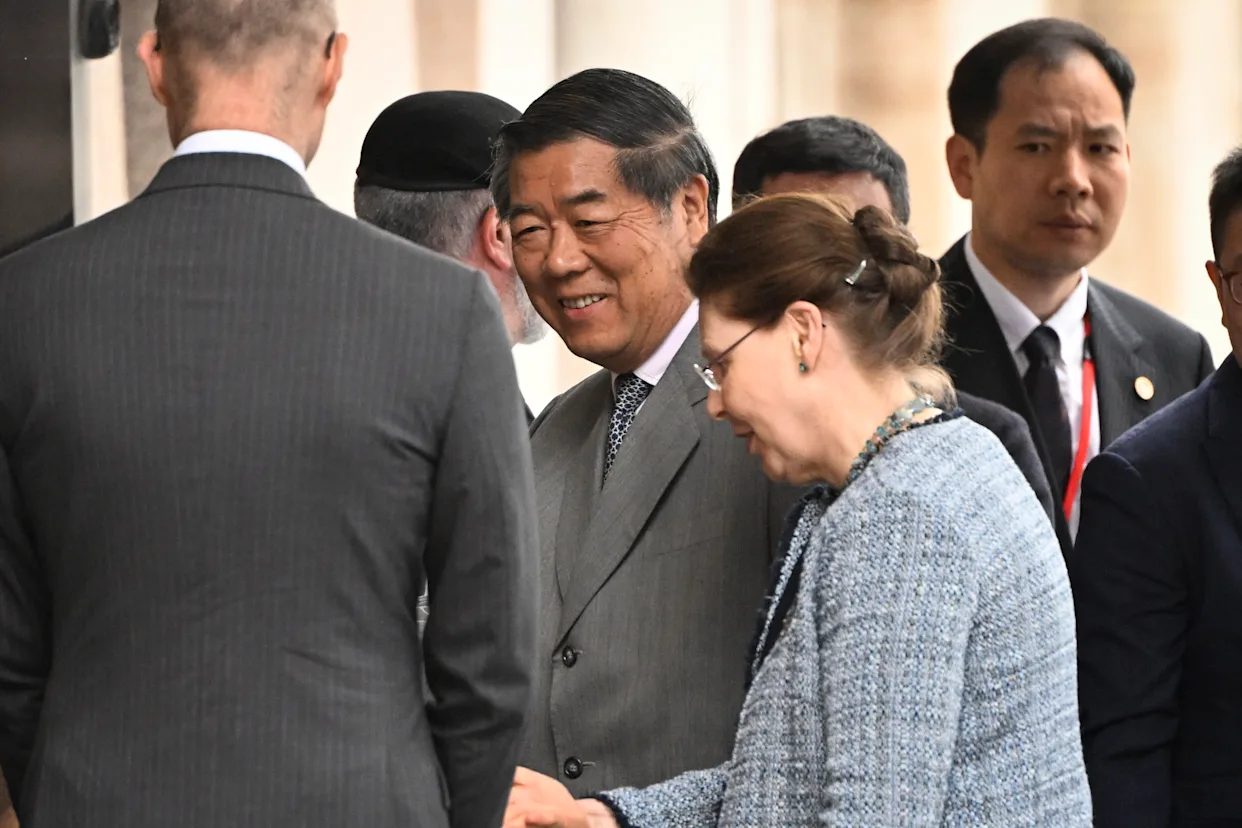
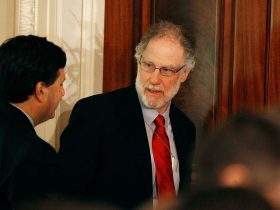






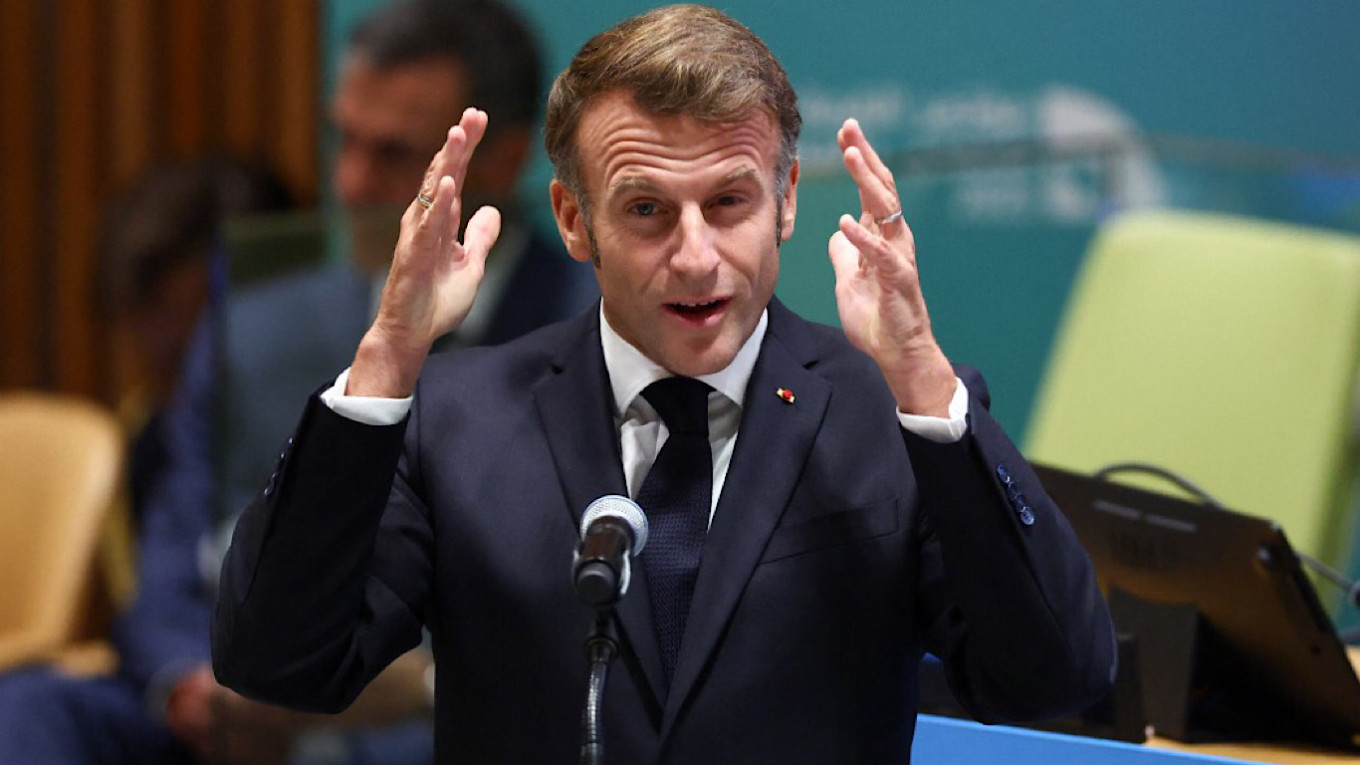
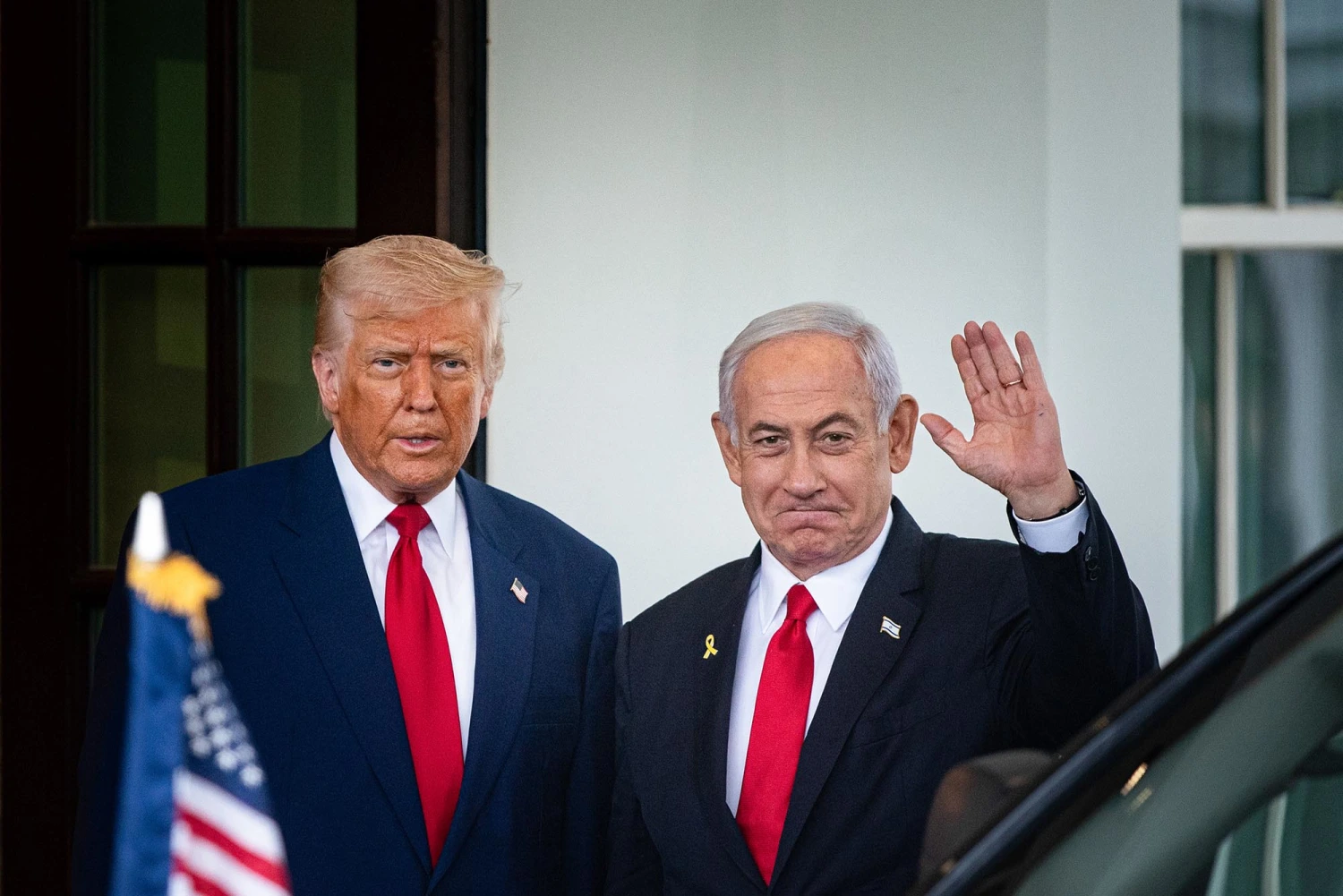
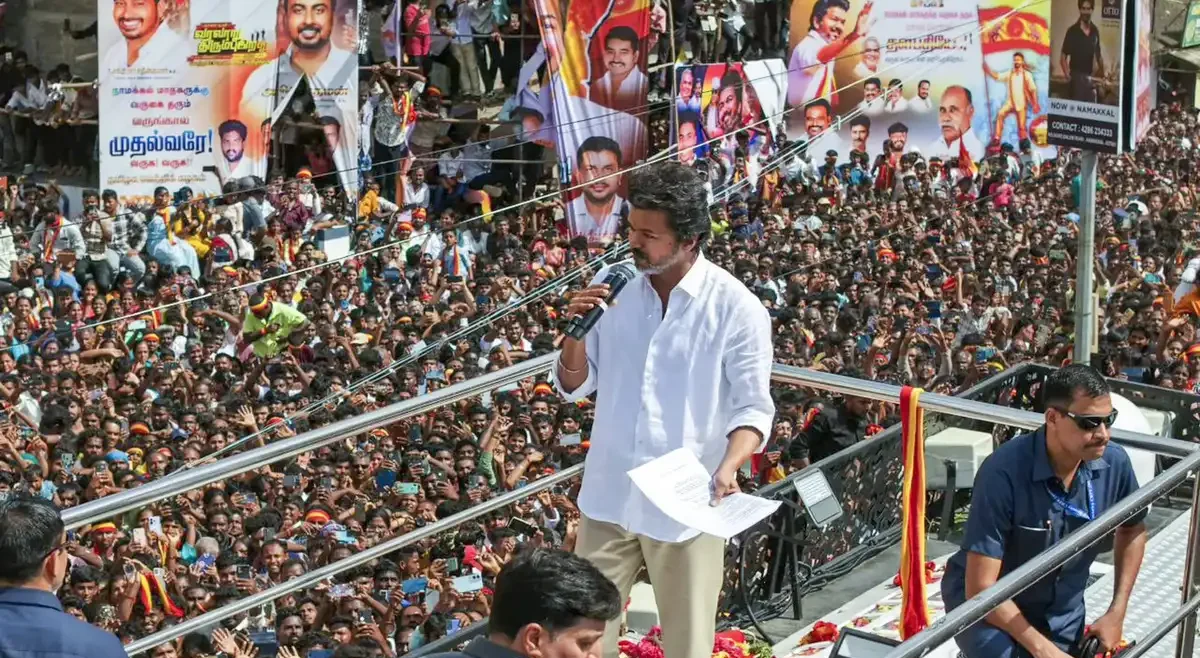
Leave a Reply